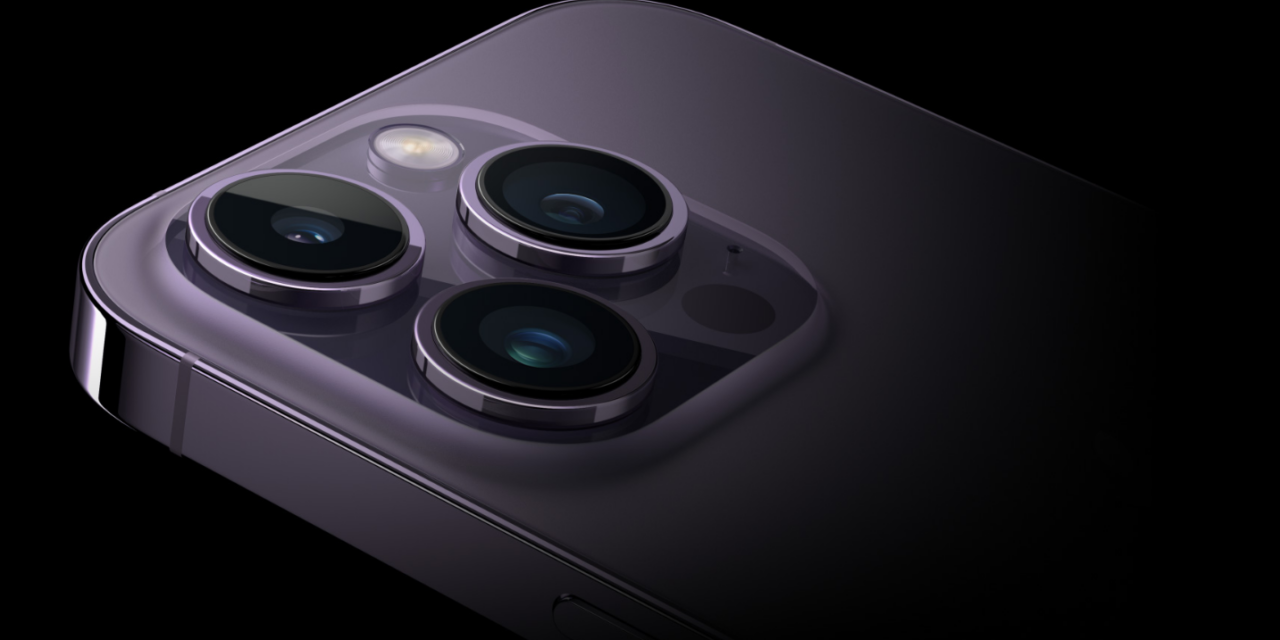
Apple sees the Apple Card, its own-branded credit card, as a way for owners to reach a path to positive “financial health“. The card has many specific customer-centric features, most of which go against the standard credit card — which angle more towards a bank’s wellbeing, rather than the customer. Turns out those aggressive terms on Apple’s part led at least one bank to bank out.
As you can imagine, as Apple was shopping around the idea for its own credit card, many banks wanted a piece of that deal. Banks like J.P. Morgan Chase, Synchrony, and Barclays all put bids in to be Apple’s primary partner in the Apple Card endeavor. According to a report from CNBC, one other bank, Citigroup, was also jockeying for the partnership. However, they pulled out during “advanced negotiations” over fear they couldn’t actually make an acceptable profit off the card’s attributes.
The report indicates that, within the banking industry, the Apple Card is seen as a risky move on the bank’s part. However, Goldman Sachs ignored that risk and partnered with Apple to make the Apple Card a reality. It’s worth noting, though, that Goldman Sachs, unlike the other companies, doesn’t offer a consumer credit card. As such, it doesn’t have to worry about impacting other consumer credit card options that the Apple Card could potentially impact. It also means Goldman Sachs can keep making money in its other endeavors, while the Apple Card does whatever it does when it arrives on the market later this year.
In a particularly funny anecdotal story, one individual from a rival bank texted a Goldman Sachs employee and said, “Dude, if that portfolio ever makes money, I’m buying you a beer”.
Within the industry, the deal is widely perceived as one that’s risky for a bank to take on. Citigroup was in advanced negotiations with Apple for the card but pulled out amid doubts that it could earn an acceptable profit on the partnership, according to people with knowledge of the talks. Other banks, including J.P. Morgan Chase, Barclays and Synchrony, also bid on the business. Apple and the banks declined to comment on this story.
No fees of any kind is part of the deal with Apple Card, one of the many that are viewed as being consumer-friendly. Another, software for the Apple Card to help customers not only stay out of debt, but also options to pay it down quickly when/if it happens. These elements make it harder for banks to make money off the customer. That includes the calendar-based billing:
Even features like the card’s calendar-based billing can impact a lender’s cost of funding and servicing, since customers’ borrowing will be concentrated at month-end, rather than spread out over weeks
Apple found Goldman Sachs to handle the banking side of things for the Apple Card, and the credit card is going to launch this summer. It’s expected it will arrive with iOS 12.4.
This is actually not the first time Apple has envisioned an Apple Card. We reported not too long ago that Steve Jobs wanted to launch an Apple Card way back in 2004, but that didn’t come to pass. Now, more recently, some Apple employees are already getting their Apple Cards out there in the wild, ahead of the public launch in what could be just a few weeks.
Do you plan on getting the Apple Card when it launches?






Recent Comments